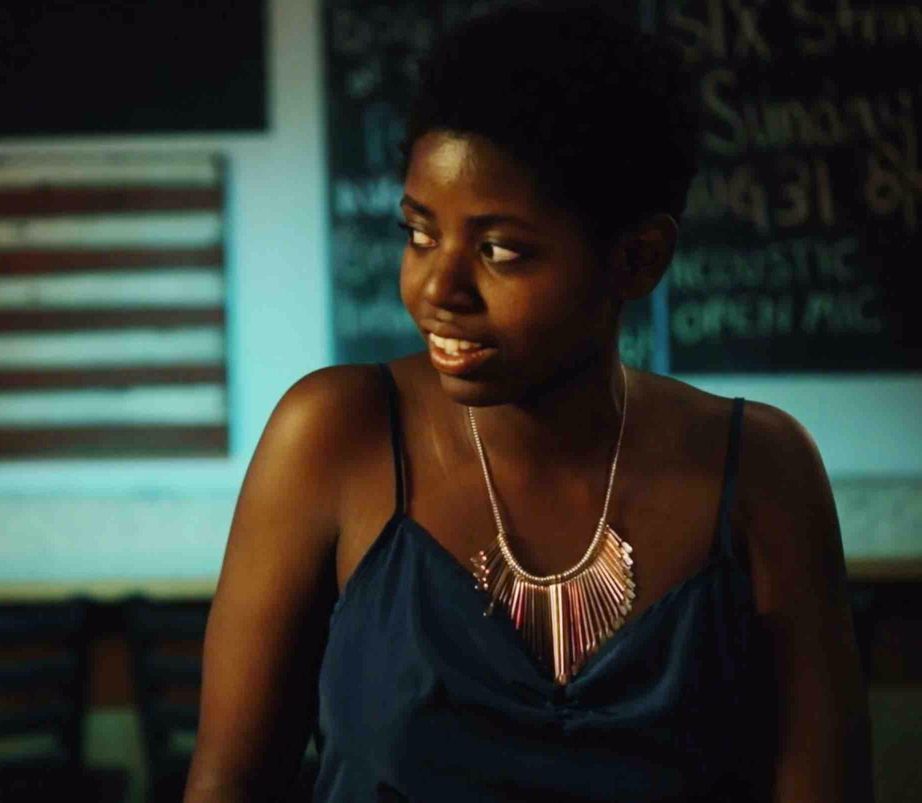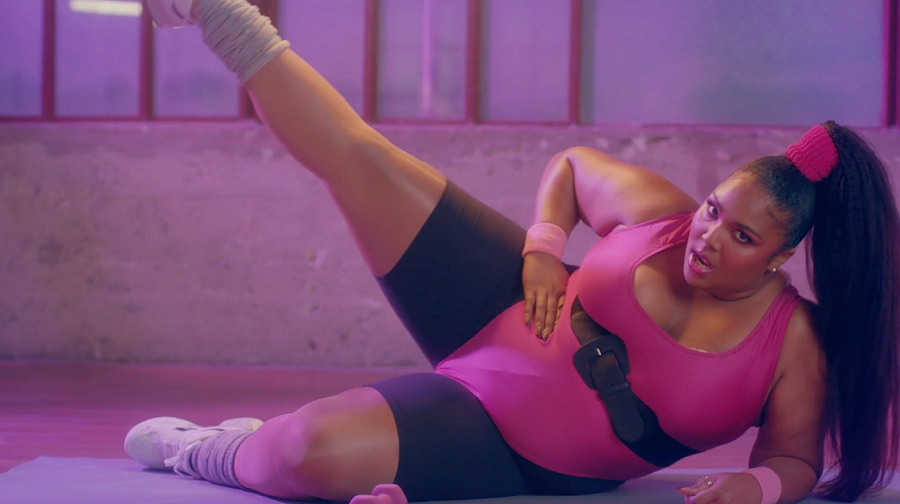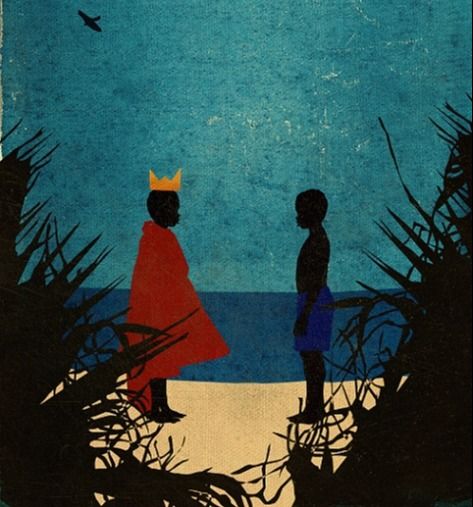So, you want to make a web series.
You want to make a short-form style project, have the perfect most brilliant idea, and want to take the interwebs by storm. But you have no idea how to do it, do you? No clue where to begin, how to get funding, or even organize the idea?
Over the last decade, the power and impact of web series content has skyrocketed. Being either a proof-of-concept for something larger or just a way to tell a story in a shorter format, web series have solidified their power in the zeitgeist. If you want to be the next Issa Rae, chances are, you are going to need some help.
We chatted with VAM Studio alum Sam Bailey and Vincent Martell. Sam is a director who created, directed, and starred in her own popular web series “You’re So Talented” as well as directed and executive produced the web series “Brown Girls.” Vincent is a director and the founder of VAM Studios, a studio that encompasses all forms of production. He also created and directed the racey new web series “Damaged Goods,” produced by Sam. Here, the two talk about their experiences creating their own short-form series and the one factor that made it all come together: community.
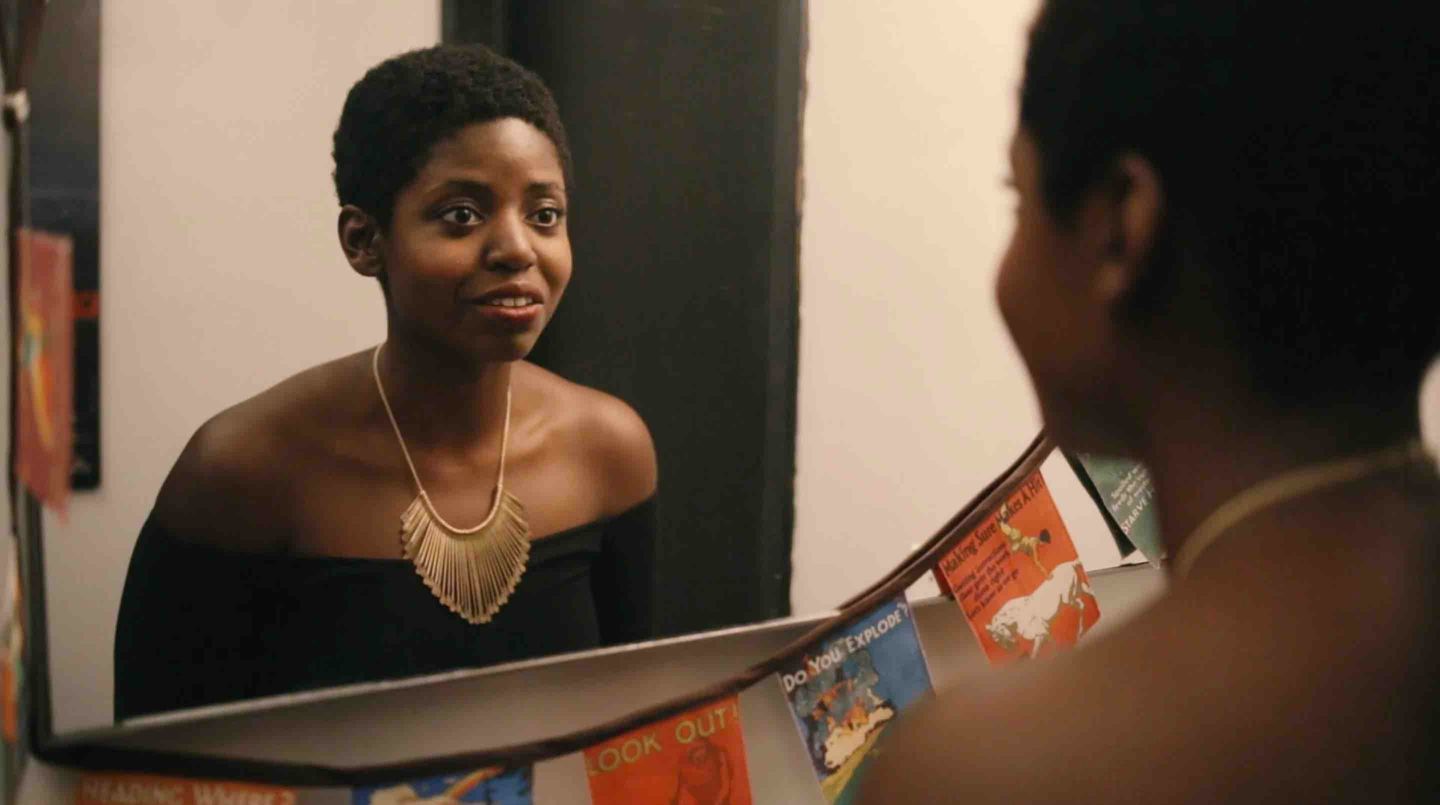
Plan, plan, then plan (with other people) some more.
Vincent Martell: Before I jump into any production, especially narrative, it’s important for me to craft the world visually before shooting, so I make a deck. It’s a bible of what I want this thing to look like. I do a lot of research to develop my own aesthetic, so I look at color palettes and streetwear I’m inspired by. I look at cinematographers and editors that I’m interested in. It’s me crafting this world, and figuring out how to communicate that to everyone. The visual deck for “Damaged Goods” took me a year to carve out before I felt good about it. Before I sent it to producers and financiers and crew, I wanted to make sure it was as polished and aesthetically what I wanted as possible.
Sam Bailey: Prepping “Brown Girls” and “You’re So Talented” made me realize I really liked putting together decks and having conversations with people from across departments. When you start, typically have a deck, script, lookbook or however way you feel like you want to share the information with your crew.
Know your intention behind the project.
Vincent Martell: With “Damaged Goods,” the story is a symbol of what I feel queer POC content can look like. These are the stories that we pulled from our community. These four roommates are representations of the hustle of what people of color deal with every day. It’s not a story rooted in traumax—it’s rooted in a celebratory tribe. It’s a story about what happens when POC live within themselves and lean into them.
Sam Bailey: Before I created “You’re So Talented”, I was having trouble getting work that I cared about. I wanted to play a messy woman who had good intentions but doesn’t always have the best ways of going about getting them. I hadn’t seen characters that were specifically made for black women in content and media.
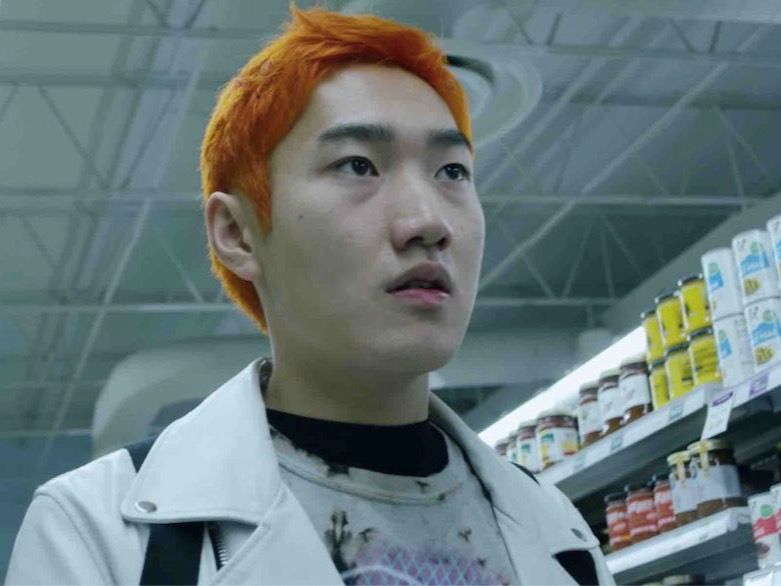
Tap into your community for funding help.
Vincent Martell: I didn’t really have to reach outside of my network because I had people that could support me. I was working my ass off to support myself and raise money, and that allowed that authenticity to shine through because I didn't have to compromise anything. It’s somewhat been really beneficial for me. If there is a company or a brand that you think would vibe with your aesthetic, reach out to them and ask them for a couple grand to help you. You’d be surprised who would reach out and support you in that, especially if it’s something that’s unique with a really clear perspective.
Sam Bailey: The first season cost $2500 and I got a credit card for that. Then I contacted Aymar Christianson at Open TV. He used to be the only person that exclusively wrote about web series. He would hit up the “Broad City” and“Awkward Black Girl” when they were still on YouTube, so I reached to him about a review for “You’re So Talented.” He wasn’t doing that anymore but he was trying to start a platform for black, brown, and queer artists. He saw that we were trying to get through post, so he gave us $2500 more dollars. It ended up being a $5k first season. It made sense to me to reach out to people that write about people that cover content that’s similar to yours.
When I came onto “Brown Girls,” Fati already had a script for me. The funding came from the Chicago Filmmakers Fund, which funds independent content on the web. We got 10 or 15k, and also raised money from GoFundMe. Everyone was just excited to help out and even donate their time.
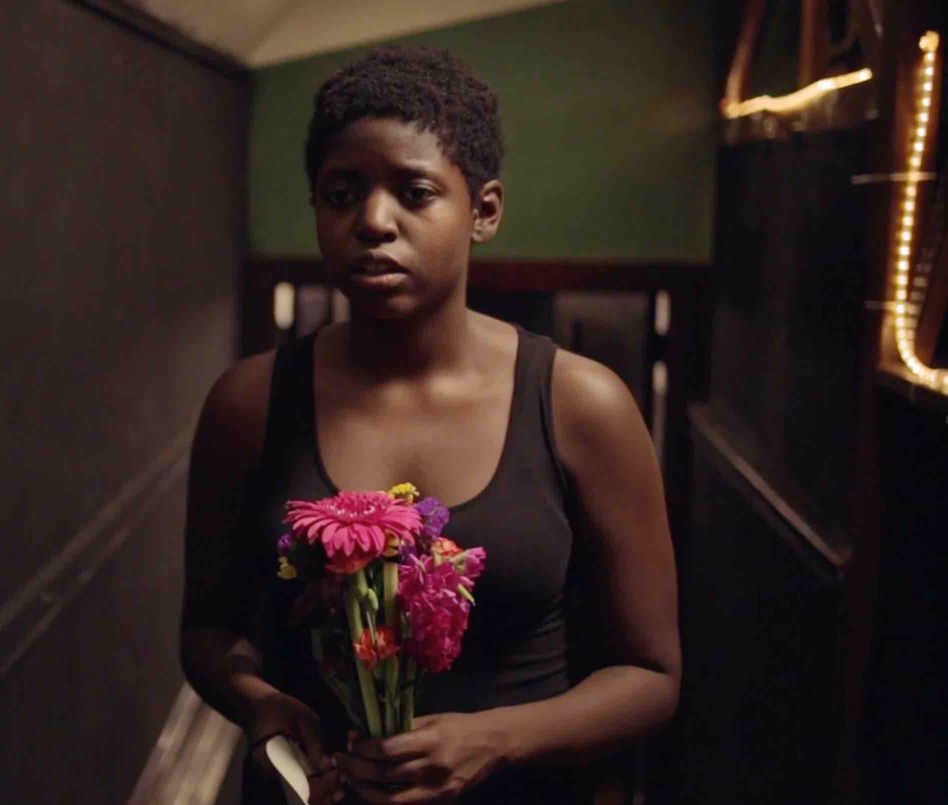
Sometimes grants work, sometimes they don’t. Be open.
Vincent Martell: I learned really early on that grants are terrified of us. The stories that we are telling are a bit edgier than they are used to. We were pitching a story where one of the characters is dealing drugs, the other is a sex worker, and another other one is this self-obsessed media influencer. Those aren’t necessarily great attributes to getting financial funding from the grant structure.
Sam Bailey: In the second season of “You’re So Talented,” we got Gotham-nominated and we opened in Tribeca, so we got more money from a grant, and that was like $30,000. The exposure helped.
Be intentional about assembling your crew.
Vincent Martell: When assembling a crew, I wanted it to resemble what VAM resembles. So predominantly of color, women, and femmes. It’s celebratory in that sense where we want to make sure the stories we tell for our community are authentic, and the only way to do that is to pull in people who understand that community. There weren’t white men walking around telling us what to do or how to tell our narratives. I was very conscious of that.
Sam Bailey: For “You’re So Talented,” it was a lot of people that just showed up because they really cared about the content, and Chicago is full of artists who come from a blue-collar kind of idea around making art. You get there and you show up for your people and you put your head down and do the work. Which is the way that I like to collaborate with people. In Chicago, there’s just that energy. I’ll do you that favor if you do me that favor.
For “Brown Girls,” we were specific about wanting a crew that leaned more femme and queer and more representative of what the content was as well. So we made it a point to pay everyone on the crew. It wasn’t their rate but we made sure everyone got paid aside from me and Fati pretty much.
Prioritize teamwork.
Sam Bailey: For “You’re So Talented,” I met Mateo Gonzalez who’s an amazing cinematographer. He saw me through the entire first two seasons of the show. Everything I didn’t know about filmmaking in the beginning, he was very hands-on and teaching me the technical aspects of it. It also taught me how we treat crew. I don’t subscribe to this really fucked up hierarchical system on set. I feel like when I’m in charge of my sets they move more efficiently. I try to carry that through what I do now.
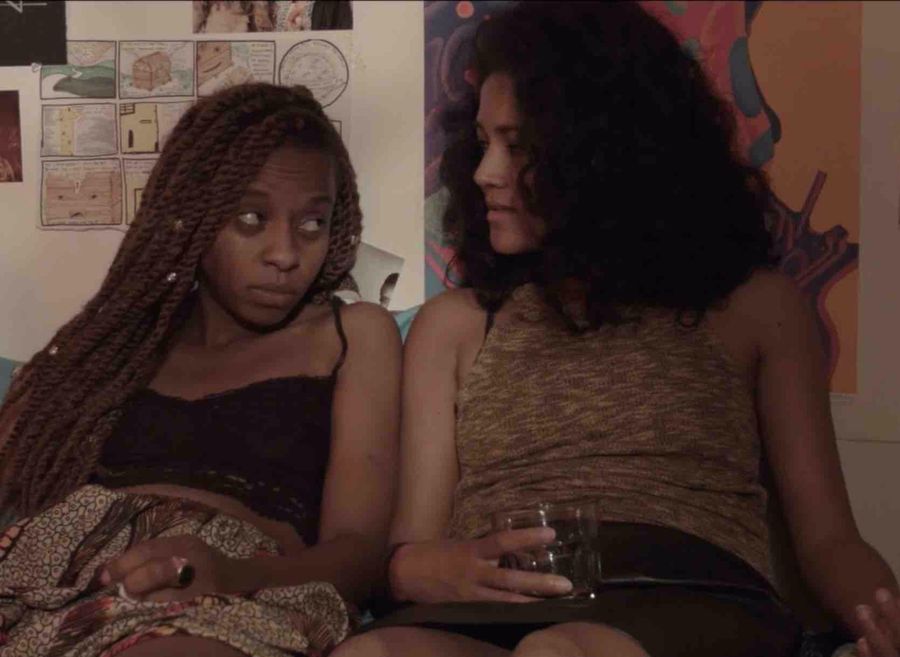
Be smart with scouting your locations. Use your network!
Vincent Martell: All the scouting happened during the period of making the deck. The cool thing about “Damaged Goods” is it takes place in this DIY two-floor building in Humboldt Park. That’s my home. That’s VAM studios. The cats that you see in the series are my cats. And all these locations mean something to me—like the party scenes take place at this party called QUEEN. QUEEN Chicago is probably one of the most queer-centric circuit parties in Chicago. They’ve also supported me from the beginning. I wanted to bring in these locations that have been pivotal to me in my career.
Sam Bailey: I’m from Chicago and the way I do filmmaking in Chicago is much different than the way I do it in LA because I don’t have those contacts. Everything’s always a homie discount or bargaining. I never paid for locations. The one location we paid for was a DIY house so they could make their rent.
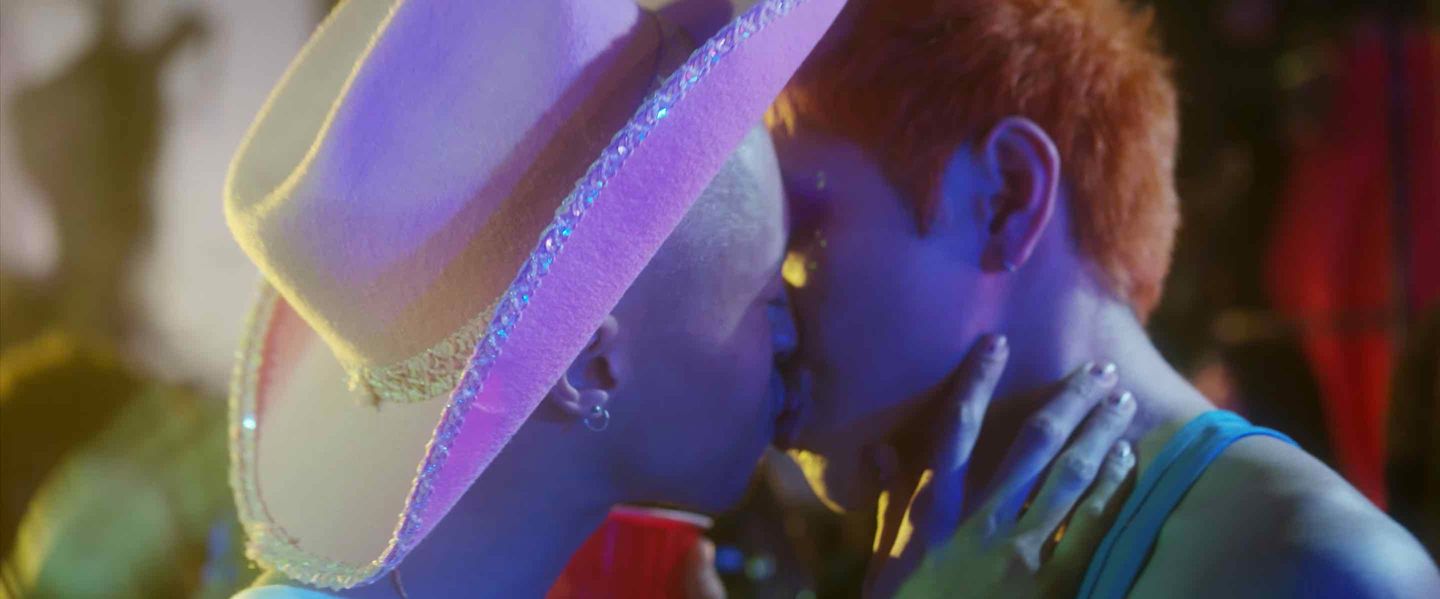
Have a marketing plan.
Vincent Martell: It was definitely the riskiest way, but I didn’t want to prioritize film festivals. I didn’t want to keep “Damaged Goods” exclusive and hold it hostage. Give it to one festival for it to remain a secret. I didn’t go that route. I wanted it to be as accessible as possible. I wanted to put it on YouTube so that everyone in my community and people who fucked with my community could see instantly and start a conversation. That was a risky move. I released the entire series four months after we wrapped production, and I put it all on YouTube. And that’s a bold move because it’s saying we are not prioritizing the Hollywood system. We want to continue to make art for us and our people and get it out there as fast as possible.
Sam Bailey: For both web series, the idea was to get it out. Web series should be free to the people. We talked about putting it out on Vimeo over YouTube because of the aesthetics, but it wasn’t about money or a deal or anything like that.
Don’t forget: a web series is an opportunity to build your portfolio…
Sam Bailey: Like your resume, your art is your calling card. Once people asked me what I was doing, I could refer back to the projects. Even that, they’re still web series so they don’t always reach a mass media, which is fine. I wouldn’t consider anything I’ve done yet a calling card because I’m a new filmmaker. I’m just now getting to a place to play with the financial support and tools and technologies and skill level that would allow me to put together something the way I wanted to.
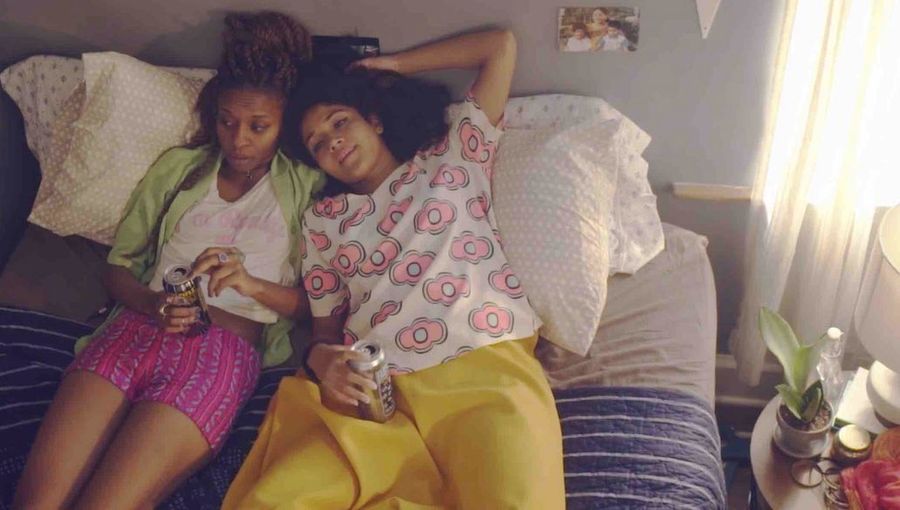
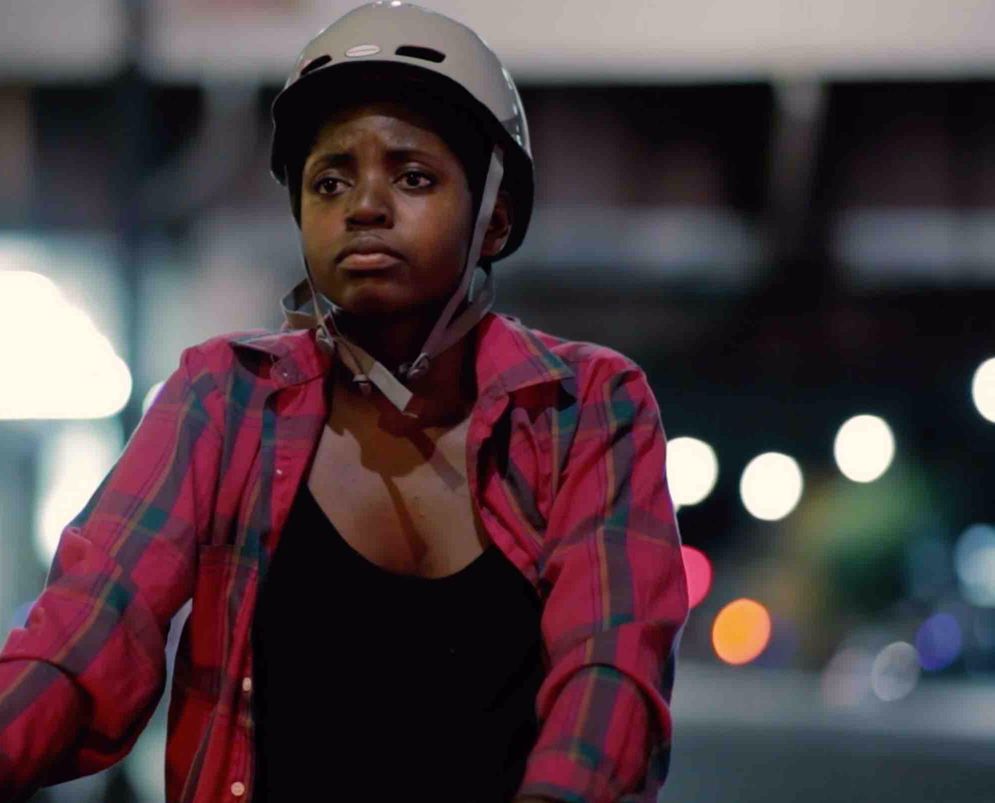
…and showcase your artistic values while putting your people on.
Vincent Martell: After “Damaged Goods” premiered, we started getting hit up by TV networks and big production companies. It allowed me to realize that our stories have huge value. It’s important for us to realize that before other people put a value on that. It allowed me to reassess what I wanted and to prioritize that and what I realized is that I am not thirsty for these opportunities. It allowed me to look at the art and realize that it is what I want to prioritize. Pushing these networks and these companies away so that I can prioritize another iteration of “Damaged Goods.” I really want to push the boundaries next. Make it queerer. More black. More unapologetic.
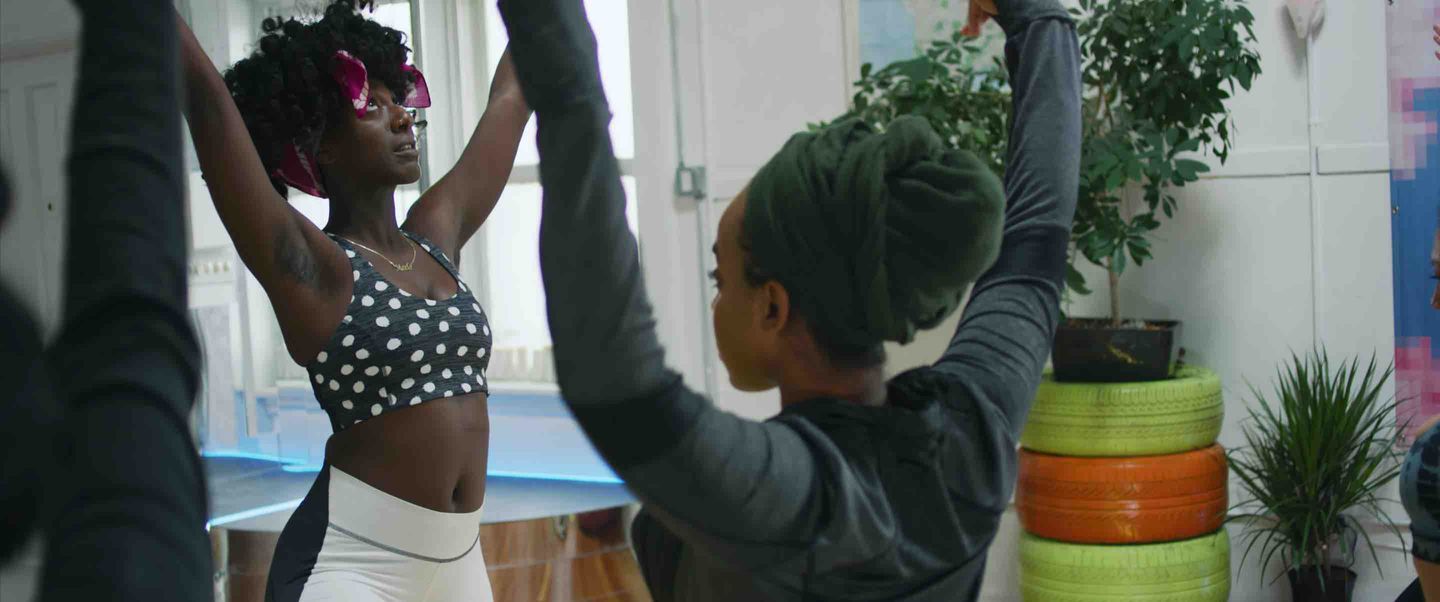
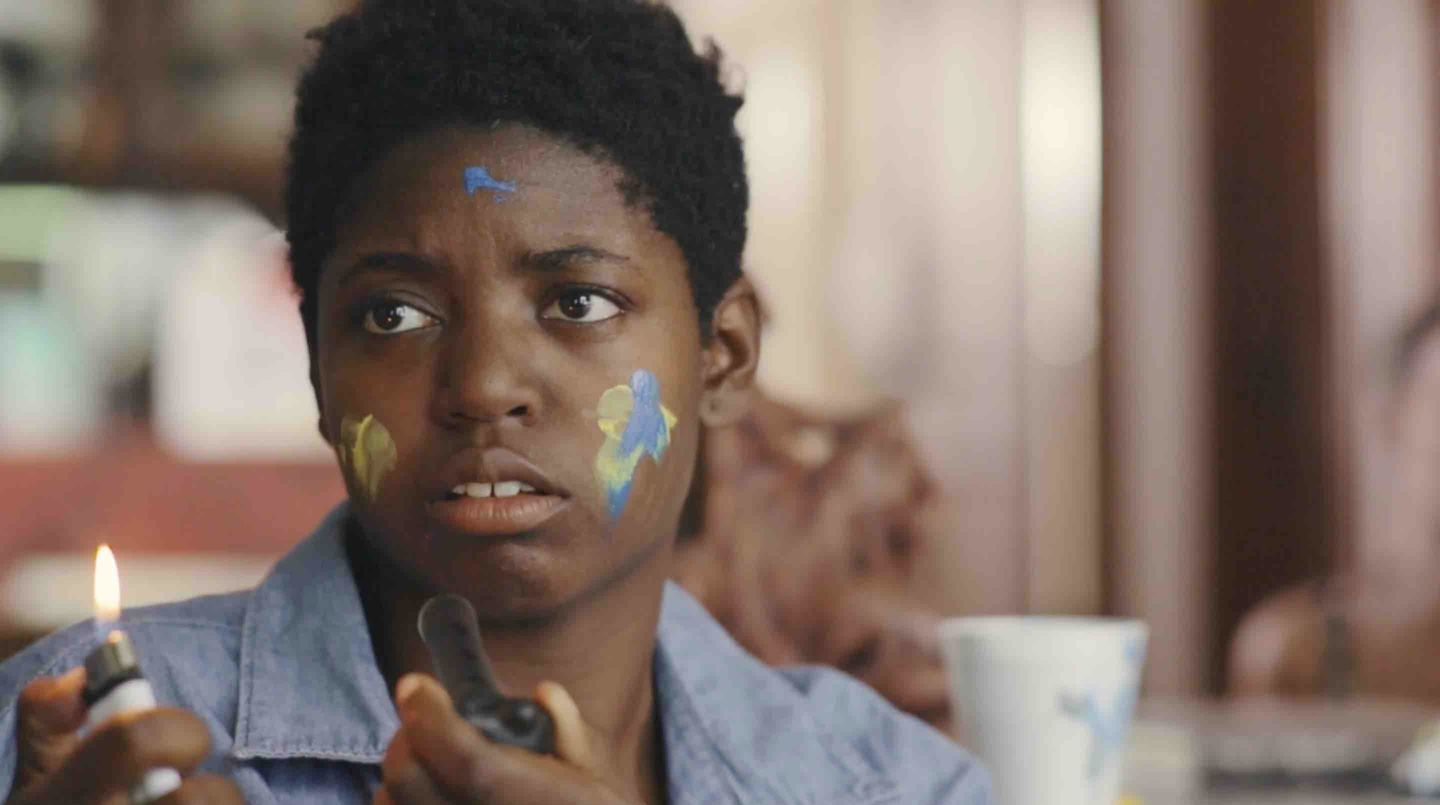
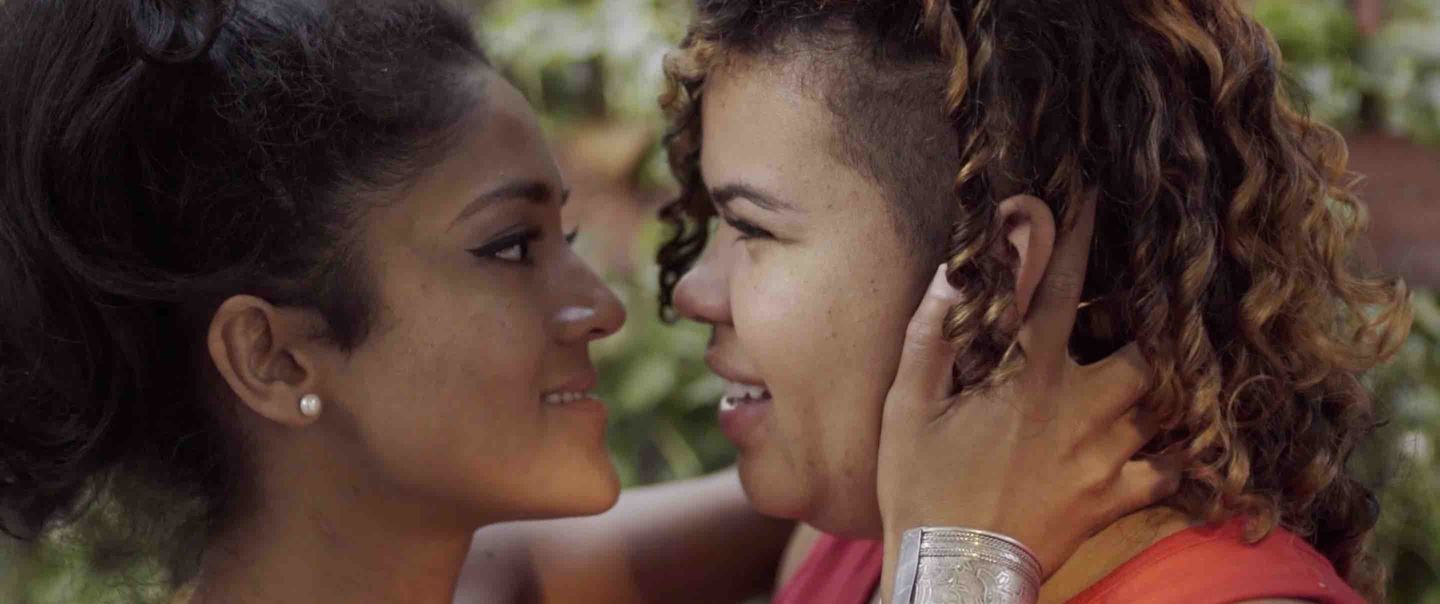
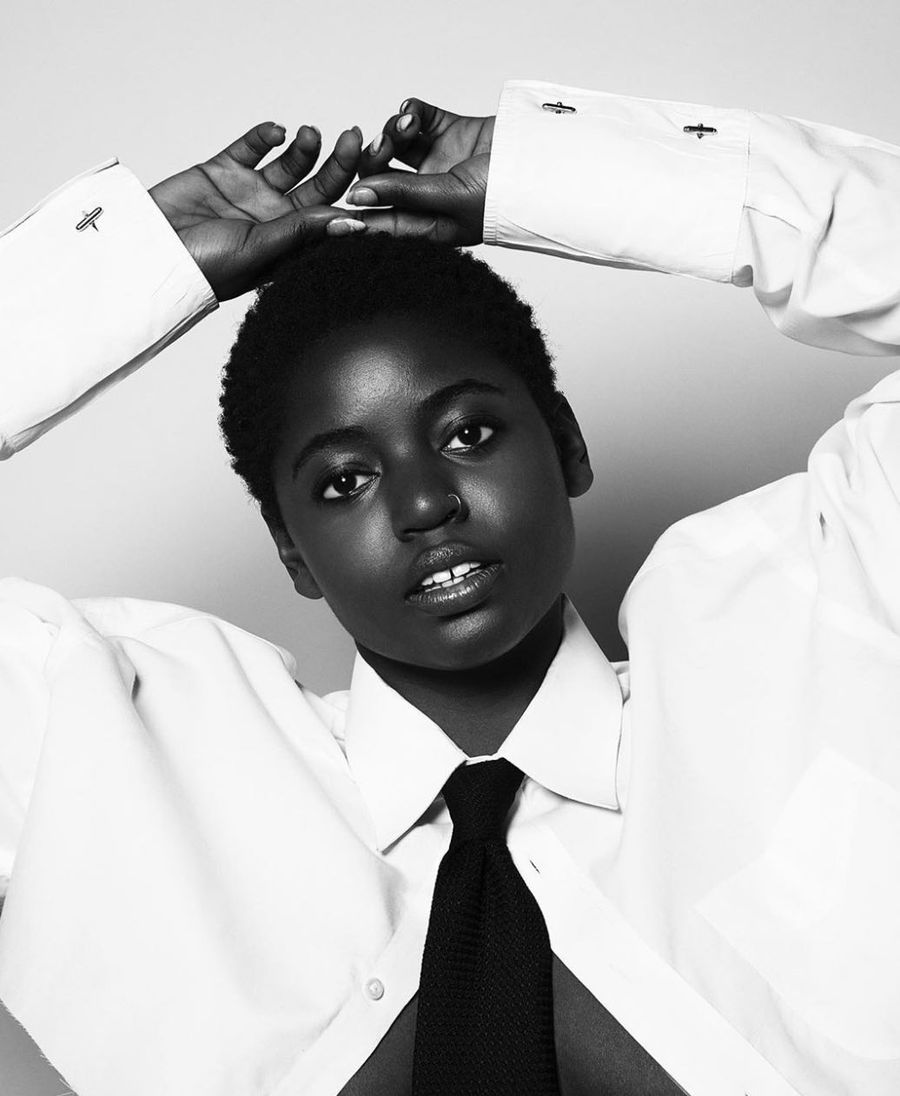
Sam Bailey
Sam Bailey is a writer and director from Chicago, currently residing in Los Angeles. She is the creator of the Gotham-nominated web series You’re So Talented and co-creator of the Emmy-nominated web series Brown Girls. Sam recently directed the Powderkeg digital series East of La Brea and has directed episodes of television including Grown-ish, Loosely Exactly Nicole, First Wives Club, and Dear White People.
Sam was included on NewCity's Film 50 list, Forbes 30 Under 30 Class of 2018, and The Root’s 100 Most Influential African Americans 2018. As a writer, she's worked on live lit stages across Chicago, including The Paper Machete, 2nd Story and Guts and Glory.
Vincent Martell
Vincent Martell is a queer Chicago bred filmmaker whose work centers around nuanced POC + queer narratives. He is the founder of one the fastest growing production companies, VAM STUDIO, a full service production company and home to prominent underground film. A Chicago International Movies & Music Festival ICON Awardee, Vincent is relentless in diversifying stories on screen and perspectives behind the lens, while unapologetically disrupting the film industry. His work as creator, director, and writer of his debut gritty narrative Damaged Goods premiered in March 2019.
Vincent and his work has been profiled in New York Times, Vogue, Rolling Stone, Out Magazine, Pitchfork, Paper Magazine, Dazed, Advocate, NPR and The Fader.

